
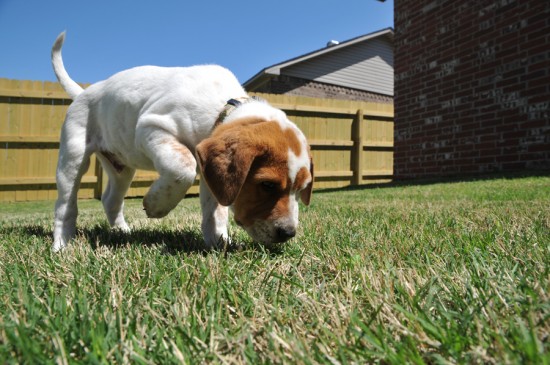
Bringing a new puppy home is an exciting time and the start of a new adventure for both you and your pup. But your life will change when the pitter - patter of tiny paws are heard, and suddenly you will be responsible for all aspects of the care of a living, breathing animal. Your puppy will, of course, grow into an adult dog who may live 10 years or longer. The journey you and your dog take together can be one of unbridled joy, but is it a journey you are ready to take? Here are a few things you should consider before you bring a puppy home. If you think that making a pup a member of your family is right for you, then read on for more advice on bringing your puppy home.
Choosing a new puppy is a big decision, and not one you should make lightly. After all, a lifetime's commitment and fun awaits you and deciding on the right breed (or cross breed) for you needs to be made with a few things in mind.
So, decision made. A puppy is right for you and your family. You have done your research and chosen the right breed for your lifestyle and the day has arrived.......bringing him home!
When first bringing your puppy home, you need to remember first and foremost that it will be a very stressful time for him. Think about how you would feel being separated from your mother and siblings? This is an exciting time for you, but you must also remember that your new puppy will possibly be scared and he needs time to settle into his new home, surroundings and routine.
Firstly, make sure your home is safe for the puppy. Like a child, pups can be very curious and this can lead to trouble. Many pups will explore their surroundings by mouthing and chewing anything they encounter so a little caution is needed in the house and any other areas the pup may have access to such as the garage or garden. Make sure all household chemicals are safely stowed away, electrical cables are out of the way, the garden is escape proof and that all objects you don't want to be chewed are out of reach. This transition from old home to new one is made less stressful on the pup if you have prepared a few things in advance including a comfy, safe and secure bed or crate, toys suitable for the age of the pup, food and water bowls, collar, lead and a tag with your details on it.
Like all young animals and human babies, puppy's need lots of sleep so decide in advance where he will be sleeping. It needs to be a secure and quiet place where he can feel safe and not be disturbed and there is nothing for him to potentially chew. Crates can be useful to create this secure 'den' and it is worth considering, but a cardboard box or plastic basket with a warm blanket will do just as well.
Your puppy's first night in his new home will probably be a disturbing experience for both of you! He will be missing his own family, and a certain amount of crying is inevitable, just be prepared that this may last all night and maybe the next few nights, or even weeks. If you have a pup that will not settle, it is worth seeking advice either from your vet or dog trainer, but above all please be patient and consistent with your training methods! This is a transitional stage for him and it will get better in time.
The pup must also take its first visit to the vets. It is worth the time and money asking your vet to give him a health check as he settles in (although many reputable dog breeders will already have had this done, especially if it is breed with some specific hereditary conditions that it is more prone to). Its first vaccinations will also be due any time from 8 weeks of age with the second one given a couple of weeks later. Before that time it is important, the puppy should have limited contact with other dogs as its immunity to infections and diseases will be limited so exercise needs to be within your garden, yard or home. During this time though, your pup will also start to develop its socialisation skills with other dogs and people, so it is a fine balance between no contact and some. As soon as your pup is safe to mix with other dogs, it is imperative you allow him to do so.
It can be tricky to introduce your puppy to other dogs, other pets and children. If you have another dog in the house, it may become territorial making the introduction more difficult. If you already have pets in your home, it is probably best to let your new puppy explore its new surroundings with the other pets safely locked in another room. This also means any outside areas they share. Once your pup is familiar with its surrounding and it is time to let all the household animals meet, it may be worth putting the pup into a crate and allowing the other animals to sniff and investigate it, while making sure your pup is safe. It is bound to be a scary time for him and so this is best done gradually and always under your supervision.
Once he is OK to meet other dogs, taking him to a puppy class or training class is a good idea as well as meeting other dogs, animals and people outside of the home on walks and plays in the park.
It is important that any children in the house know the puppy is not a toy. They are bound to be excited, but encourage your children to let the pup explore and investigate them and not the other way around. This will help the pup trust the people it lives with and also make the children aware that they need to be quiet and careful around the puppy. Teach your children that the puppy will like attention, strokes and playing but also that they need to respect it and under no circumstances should you leave a child and pup/dog alone without supervision.
The food your puppy has been weaned on may or may not be suitable for its ongoing development and growth. However, any good breeder will know what is good for their specific breed and will have researched this though. If in doubt as to the suitability of the food your puppy has been used to, ask your vet for advice and whenever making any changes to the diet you should do it gradually and mix the old food with the new, increasing the amounts of the new food in meal before finally swopping over completely. It would be a 'shock to the system' if the old food was simply replaced for a new one without this transition and could cause stomach upsets and a certain amount of mess in the house.
Try to establish a routine as soon as you can for feeding, exercise, toilet time and sleeping and stick to it! Being the proud owner of a new puppy is rewarding and frustrating in equal measures but do not give up. Of course, you may have to be at work during some part of the day, so it is preferable if you have a neighbour, family, friend or professional dog walker who can help keep the routine up during these times. It is also a good idea to take your pup to puppy socialisation classes and training. It is never too young to start learning and the interaction with other people and dogs will help mould it into a 'good citizen' that is comfortable with new situations. Your vet or trainer will be able to advise you on a suitable routine for your puppy's needs.
Your pup is a blank canvas and will learn from you and the situations, other dogs and other people it interacts with. Make these learning experiences pleasurable for him. As an owner, you are responsible for all the things your dog does and will learn, both good behaviours and bad so it is worth taking the trouble to find out as much as you can about the behaviours, physical needs and traits of the breed of dog you are sharing your home with. This will help you work with the pup and not against it, making training and socialisation easier for you both.
When the pup is old enough, remember to talk to your vet about spaying or neutering. There are many unwanted dogs in the world, and do you want to add to that number? If you do not intend to breed from your pup, please take this course of action. It is rarely detrimental to the health or behaviour of the dog, and any issues you have with it can be put at rest by having a conversation with your vet.
Make sure you pup is always on a lead in unsafe areas such as near a road. Accidents can happen and do so very quickly sometimes. It is always worth paying to have your pup micro chipped (some charities do this for free or heavily subsidised) and he should always were a secure collar and tag with your contact details on it. Some people like to put the dogs vets contact number on it to.
Oh.....and always remember to scoop that poop!
Ultimately, you need to relax and enjoy the ride of being the proud owner of a new pup! There will be hard times, good, times, joyful times and maybe some sad times so remember the reasons you decided to make a dog a part of your life and let the good times roll!
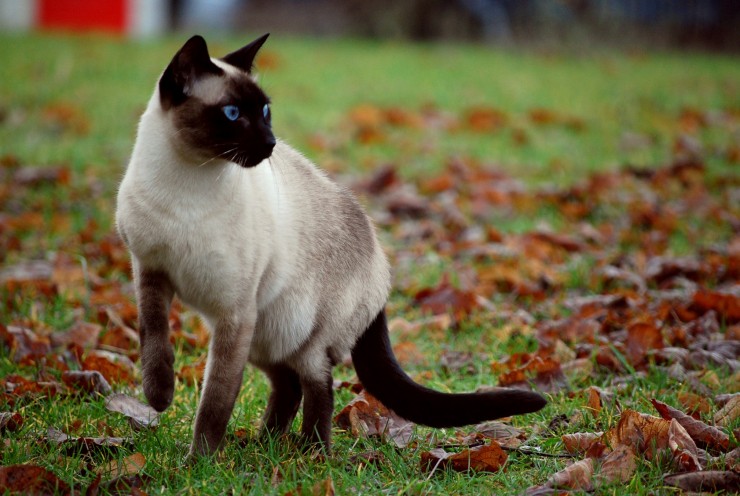 Siamese Cat Colour Genetics
Siamese Cat Colou
Siamese Cat Colour Genetics
Siamese Cat Colou
 Six Changes In Your Cat’s Coat That Require Attention
Six Changes In Yo
Six Changes In Your Cat’s Coat That Require Attention
Six Changes In Yo
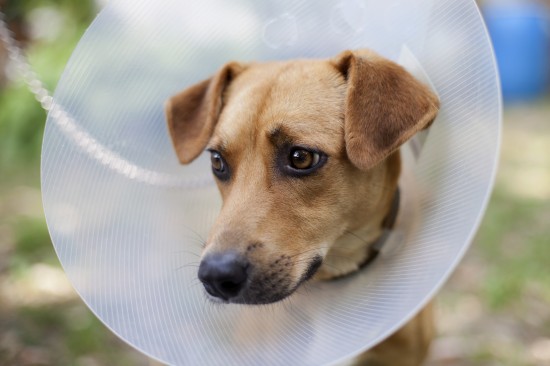 Helping Your Dog To Deal With Wearing A Buster Collar
Helping Your Dog
Helping Your Dog To Deal With Wearing A Buster Collar
Helping Your Dog
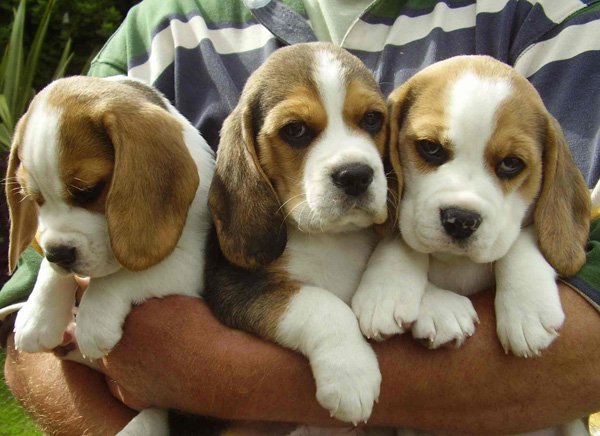 Let's Know More on Dog Wash and Dog Hygiene
Let's Know More on Dog Wash and Dog Hygiene
Let's Know More on Dog Wash and Dog Hygiene
Let's Know More on Dog Wash and Dog Hygiene
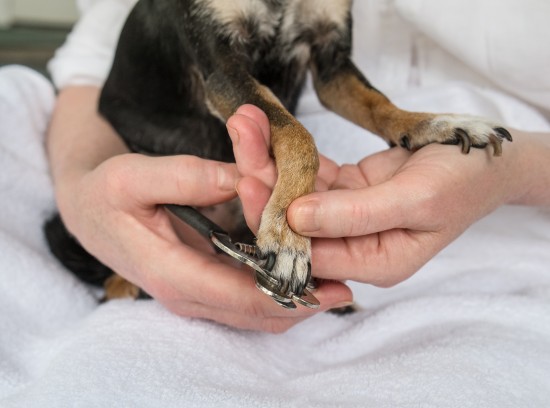 Treating A Split Or Broken Nail In The Dog
Treating A Split
Treating A Split Or Broken Nail In The Dog
Treating A Split
Copyright © 2005-2016 Pet Information All Rights Reserved
Contact us: www162date@outlook.com